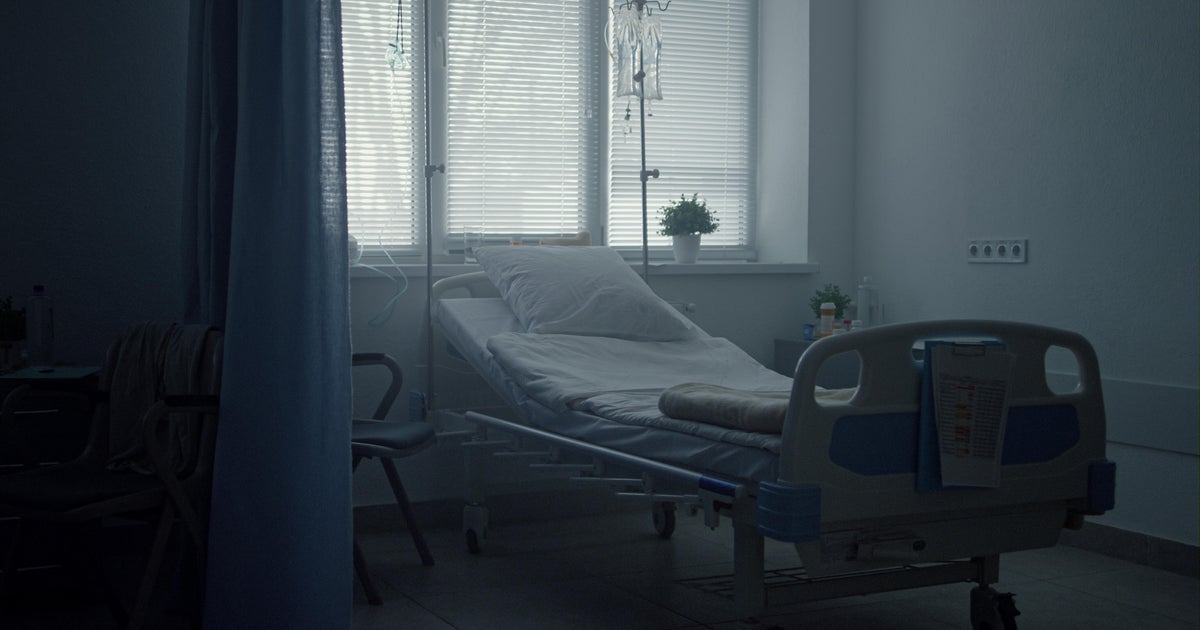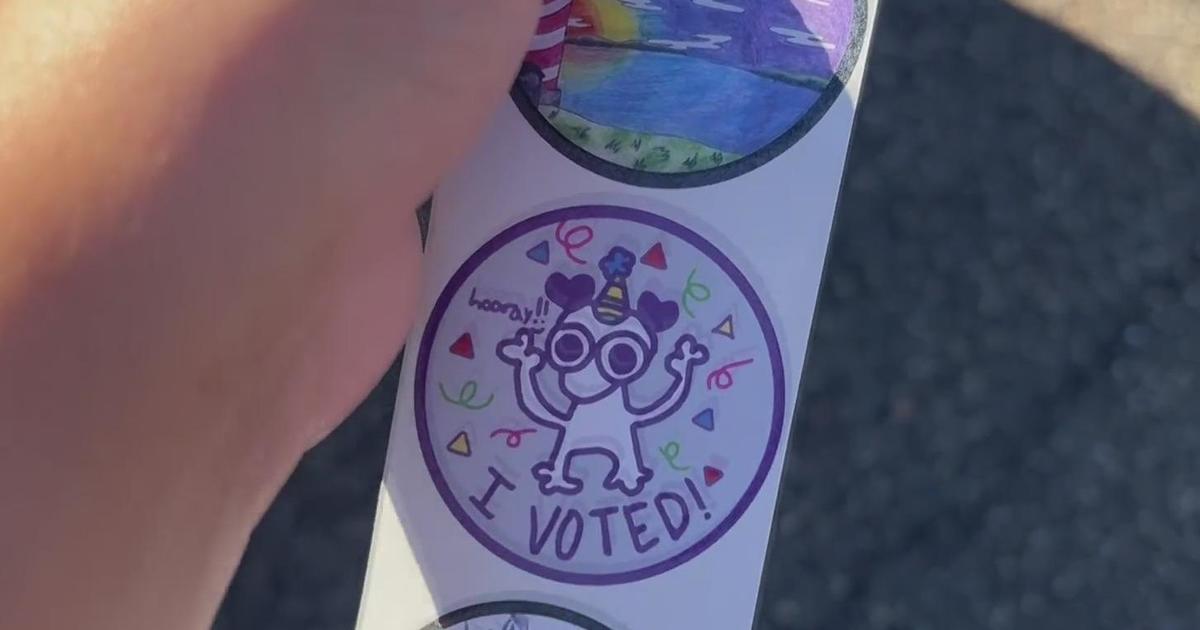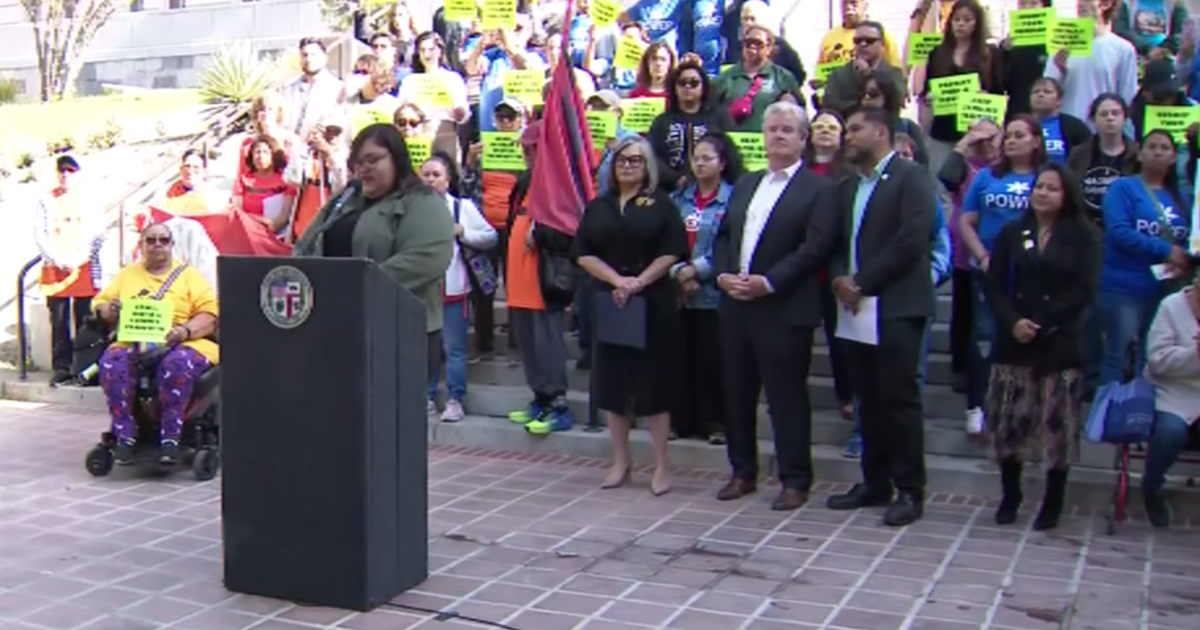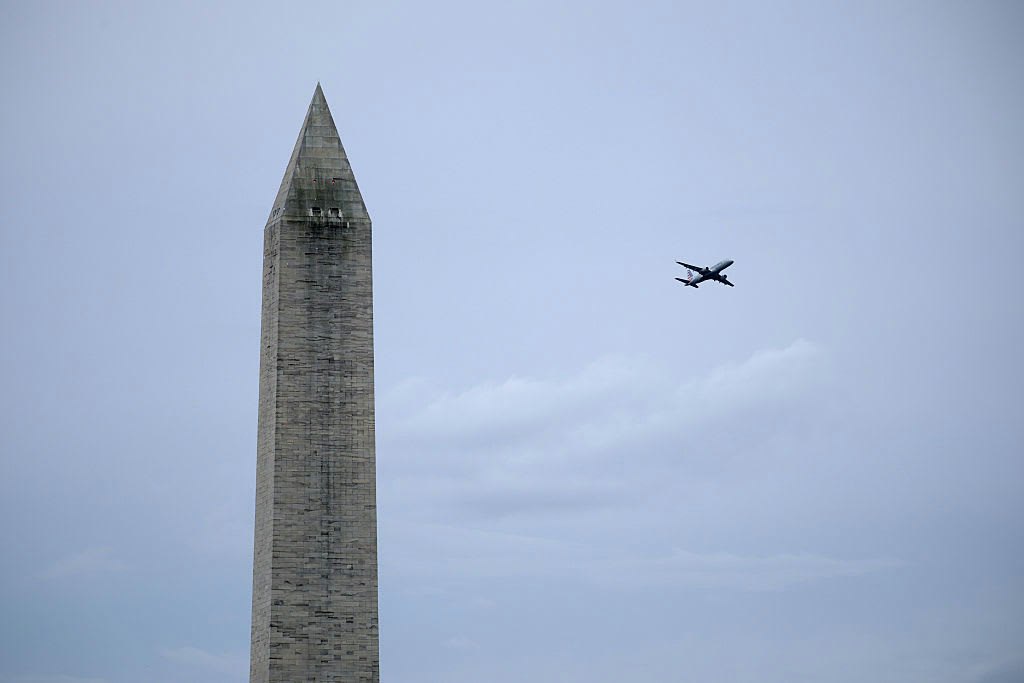Mnuchin says big companies could face "criminal liability" for keeping small business emergency loans
Treasury Secretary Steve Mnuchin warned Tuesday that large companies could face "criminal liability" for keeping emergency loans intended for small businesses during the coronavirus crisis. He said the government will be auditing all companies that received more than $2 million in loans through the Paycheck Protection Program.
"The purpose of this program was not social welfare for big business," Mnuchin said on CNBC. "The purpose of this program was to help small businesses."
The loans are meant for small businesses with no more than 500 employees, to help them keep workers on the payroll during the pandemic. But some large companies that are worth millions of dollars and have thousands of workers applied for the funding — and got it.
Mnuchin singled out the Los Angeles Lakers, which has an estimated net worth of $4.4 billion, making it one of the richest franchises in the NBA. The privately-owned team announced this week it would return its $4.6 million loan, though it did not specify why it had applied in the first place or how it would have used the money.
"I'm a big fan of the team, but I'm not a big fan of the fact that they took a $4.6 million loan," Mnuchin said. "I think that's outrageous, and I'm glad they've returned it, or they would have had liability."
Several major public companies — including Shake Shack, AutoNation, the Potbelly sandwich chain and the owners of the Ruth's Chris Steak Houses chain — said they would return millions of dollars in loans they received. Mnuchin said any company that keeps money it shouldn't have received could face legal trouble.
"I want to be very clear — it's the borrowers who have criminal liability if they made this certification and it's not true," he said.
Small Business Association guidance says that applicants must "certify in good faith" that a loan is "necessary," and that a "public company with substantial market value and access to capital markets" is unlikely to fit that standard.
The PPP has been riddled with problems since it was established in the $2.2 trillion relief package passed by Congress in March. The program burned through its initial $349 billion allotment in less than two weeks, and much of that money went to industries and parts of the country that have not been hit hard by the pandemic. Lending experts said up to 90% of businesses owned by women and minorities could have been shut out of the program.
CBS News reported that a digital technology company working for President Trump's re-election campaign received a $2.85 million loan two days after applying, while many other small businesses waited longer for a fraction of that amount. The average loan in the first wave of funding was $206,000.
A new relief bill passed last week adds another $310 billion to the program. Banks nationwide reported problems accessing the government's portal for approving loans.



